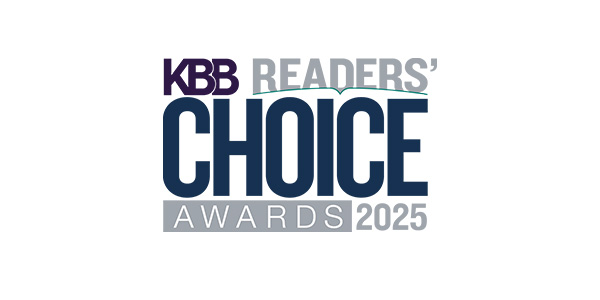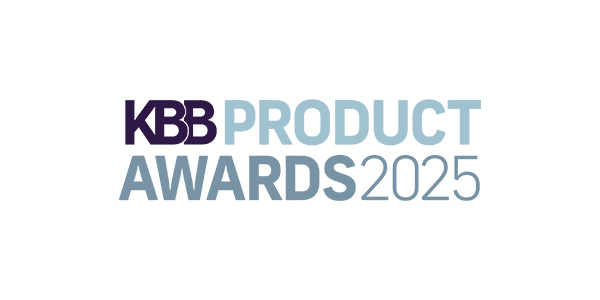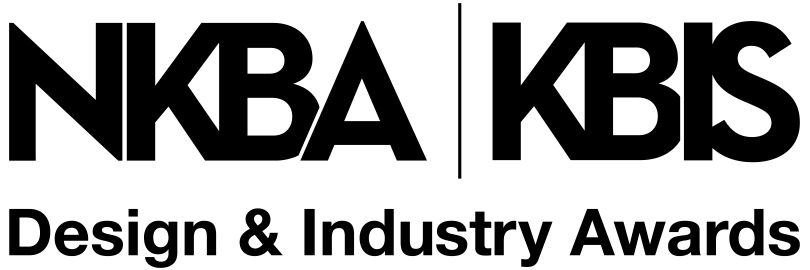This article was originally published on December 20, 2023; it was updated on December 29, 2023.
2024 Tech Trends: The Kitchen and Bath Get Human-Centric
Home technology innovation is bringing some unusual but surprisingly helpful technologies to the busiest rooms in our homes. The kitchen and bath are reeling in a new dimension, touting refrigerators that compile grocery lists, faucets that dispense pre-measured, temperature-regulated water and toilets that tell you about your health.
These solutions may appear gimmicky, fulfilling the futuristic fantasies we once joked about. However, they scratch the surface of a more profound transformation. The CEDIA community has been navigating a shift from product-centric to human-centered design for the past few years, and the trend is making its way into the kitchen and bath.
Homeowners want to expand responsive, seamless technologies into all rooms to create an ecosystem that supports their needs and reflects their values. At the same time, the connected home should be an oasis – not a chore. Let’s explore how smart home technology will inform kitchen and bath projects that serve the human condition in 2024.
More Homeowners Will Design for Longevity
Smart home technology isn’t just about the present; it’s about futureproofing living spaces to evolve with us. A growing priority in 2024 will be longevity design. While this trend has traditionally been linked to the 90% of homeowners hoping to age in place, a true forever home should accommodate all stages of life: infant safety, growing families, wellness throughout adulthood and spaces accessible for elders.
In the new year, we’ll see more homeowners of all generations exploring how lighting, shading, climate control and smart integrated appliances support their precise needs for daily routines, comfort and usability.
Technology Will Do More for Accessibility
Accessible design is a fast-growing smart home opportunity, with the latest solutions primarily driven by AI and machine-learning advancements. Unlike in the past, when customizing smart home devices could be complex, today’s systems require minimal programming to adapt to a user’s needs.
Voice assistants and control systems can be configured to assist individuals with physical or sensory impairments by controlling lighting, thermostats and appliances using voice commands or subtle gestures. AI-powered systems can provide customized notifications and alerts through text-to-speech or visual cues. In 2024, I expect more consumers to embrace these technologies to make their living spaces more accessible.
Interoperability Will Bridge Home Automation Gaps
In 2024, a heavy focus on integration and interoperability will make the connected home more achievable to a range of consumers. They will notice a shift away from standalone products and toward systems that are easier to use across multiple devices and spaces within the home. This opens the door to automating the perfect vibe for any activity on demand.
Sustainability Will Expand Its Footprint
Adopting an eco-friendly lifestyle is top-of mind for many homeowners, and the 2024 tech trends can make it easier. In 2024, sustainable homes will go beyond minor lifestyle adjustments and create new opportunities for people to live a more environmentally conscious life with a reduced carbon footprint. More solutions are coming to market to make spaces more reactive – responding to occupancy and user activity to regulate temperature and automate energy-saving technologies. Water-saving technologies and intelligent connected appliances are increasingly integrating into full-home sustainability solutions in the kitchen and bathroom. Especially now that many energy-saving technologies are eligible for federal tax credit rebates and discounts through next year, homeowners are more likely to explore their options.
In 2024, the human-centric smart home will extend farther into the kitchen and bathroom. As homeowners and designers navigate these trends and explore how the proliferation of tech ecosystems can support lifestyles in every room, collaborating with an integrator can help. As certified home technology experts, CEDIA integrators can help ensure that the latest technologies are seamlessly incorporated into your project, delivering the intended benefits with reliability and ease.
By Giles Sutton, SVP, Product & Business Development at CEDIA
Photo credit: ipopba/Adobe Stock








